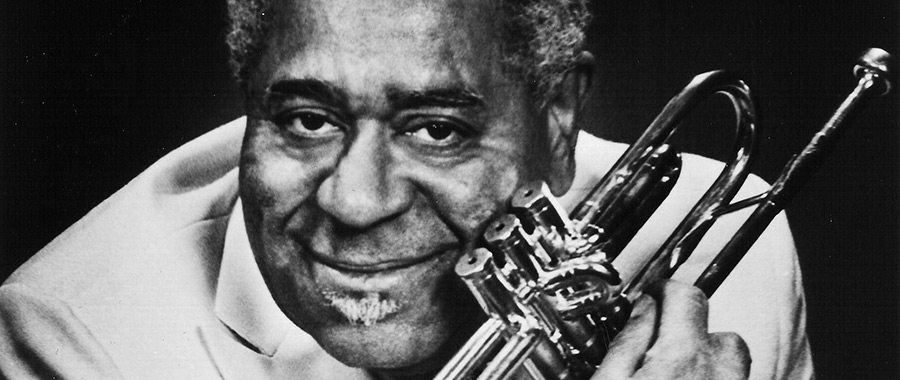Music has long captivated the human spirit, transcending the boundaries of culture, language, and geography. It serves as a universal language that resonates with emotions, aspirations, and spiritual longings. Within the Baha’i faith, music is not merely an art form; it acts as a medium through which individuals can experience and express the divine. This reflective exploration delves into the Baha’i teachings regarding music and its profound significance in recognizing the divinity embedded within harmonious vibrations.
To understand the Baha’i perspective on music, one must acknowledge that this faith views the world as a tapestry, woven from multiple threads of existence, including the material and the spiritual. Music occupies a unique position within this tapestry, serving as a bridge that connects the material realm with the ethereal. Its ability to evoke feelings of joy, sorrow, hope, and contemplation demonstrates its intrinsic link to the human experience and the divine.
Observably, the fascination with music is a communal experience. Gatherings often bring people together in shared moments of inspiration, unity, and reflection. The sound of melodies can transport individuals beyond the immediate world, tapping into transcendent realms of understanding. In Baha’i thought, this phenomenon is not accidental but rather a reflection of the underlying truth that music can illuminate the divine attributes inherent in the human soul.
One of the fundamental teachings of the Baha’i faith is that each person is a manifestation of the divine attributes. Music serves as a conduit for expressing these attributes, allowing individuals to channel their spirituality through creative endeavors. While enjoying a symphony or singing hymns, adherents engage in an act of devotion that enriches their understanding of the divine. It is within these moments that the divine presence becomes palpable, elevating the mundane to the transcendent.
The Baha’i writings emphasize the importance of sound and melody as reflections of spiritual realities. For instance, one will find the idea that music can “teach the essence of all things.” This suggests that each note and rhythm carries profound significance, speaking to the soul in ways that words sometimes fail to convey. Music, in this context, becomes a medium for divine revelation, where the complexities of life can be distilled into harmonious expressions.
Moreover, the Baha’i view advocates for the use of music in religious practices. It is not merely an embellishment but rather a vital part of worship. Through the inclusion of music in prayers and rituals, followers reinforce their connection to the divine. The texts articulate that music can lead the heart to the realm of spiritual joy, thus inviting listeners to participate in a communal experience of faith expression. This communal aspect of music reinforces the interconnectedness of humanity, fostering a sense of unity and shared purpose.
As much as music raises the soul, there exists an inherent caution within the Baha’i teachings regarding its potential misapplication. Music that fosters negativity, discord, or materialism is viewed as a distraction from the spiritual path. Therefore, the emphasis is placed on seeking melodies and lyrical content that inspire, uplift, and unify. This discernment reflects a broader philosophy within the Baha’i teachings about engaging with the material world while remaining anchored in spiritual ideals.
It is also pertinent to regard the variations of music across different cultures. The Baha’i faith embraces diversity, recognizing the unique ways in which different peoples express their spirituality through music. This cultural richness enhances the communal aspect of worship, as members share their traditions and practices, enriching the overall experience of faith. Whether through traditional instruments, vocal harmonies, or contemporary expressions, every cultural nuance contributes to the collective understanding of the divine emanation within music.
In the realm of contemporary society, one might notice a profound dichotomy regarding the engagement with music. While there is a plethora of musical styles and genres available, the challenge arises in discerning which of these forms truly elevate the spirit. In promoting music within the Baha’i context, there is a call to engage with works that evoke feelings of love, unity, and devotion, aligning with the overarching principles of the faith. This deliberation encourages a conscious approach to how personal tastes can reflect deeper values.
Furthermore, the Baha’i teachings assert that the true purpose of music ultimately aligns with the betterment of humanity. Music should inspire action towards social justice, unity, and peace. It thus transcends mere entertainment, evolving into a powerful tool for change. This perspective compels individuals to reflect on how music can become a means of fostering understanding and harmony among diverse communities. Substantively, music that resonates with these themes is not just a cultural artifact but a potent reminder of the interconnected bond shared among all peoples.
As a reflective synthesis of art and spirituality, music continues to hold a significant place within the Baha’i faith, elucidating deeper understandings of the divine and facilitating human connection. Baha’is are encouraged to embrace music as a means of worship and expression, recognizing its capacity to mirror the sublime nature of creation. In this journey of exploring the divinity within music, individuals are not merely passive listeners but active participants in a greater dialogue that harmonizes the material and spiritual worlds.
In conclusion, the appreciation of music within the Baha’i faith reveals an intricate tapestry of cultural, spiritual, and artistic dimensions. By heeding the teachings that frame music as a reflection of the divine, followers can find resonance in its beauty while fostering a greater sense of unity, purpose, and understanding in the human experience.
